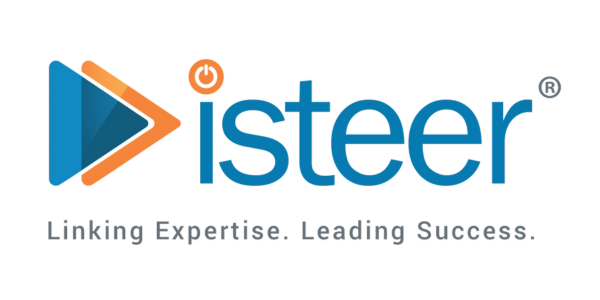Overview
Every client typically maintains multiple environments, such as DEV, UAT, SIT, and PROD. When they need to migrate or move TIBCO Scribe solutions from one environment to another, the process often involves manual work. This manual effort can lead to errors during migration, increasing the risk and time required. To overcome these challenges, we can leverage TIBCO Scribe APIs, PowerShell scripting, and Azure DevOps CI/CD pipelines to automate the migration process. This approach ensures a seamless, error-free, and efficient migration across environments.
Problem Statement
Migrating Tibco Scribe solutions between organizations can be a time-consuming and error-prone manual process, especially when dealing with multiple deployments. This blog post outlines a solution using Azure DevOps to implement a CI/CD pipeline that automates the migration process, saving you time and effort.
What is TIBCO Scribe?
TIBCO Scribe is a cloud-based integration platform that simplifies data migration, replication, and integration between applications and data sources. It provides tools for building, deploying, and managing integrations, allowing organizations to automate workflows across their ecosystem effectively.
What is CI/CD in Azure DevOps?
CI/CD (Continuous Integration and Continuous Deployment) in Azure DevOps is a development practice that enables teams to build, test, and deploy code changes in an automated and streamlined manner. Azure DevOps provides a suite of tools for creating pipelines, managing repositories, and deploying applications across environments such as Development (Dev), User Acceptance Testing (UAT), and Production (Prod).
Authentication and Authorization
To manage multiple TIBCO Scribe organizations (Dev, UAT, Prod), authentication and authorization are performed using token-based authentication in API requests.
Generate Token: Use secure credentials to generate a token that provides temporary access for API requests. This token is used in place of username and password to enhance security.
Authenticate Requests: All API calls, such as retrieving solutions or migrating them, are authenticated using the token in the headers. This ensures secure and streamlined access to resources across all environments.
Base API Endpoint: https://agent.scribesoft.com/v1/
Scribe APIs for Migration
Below are the key APIs used for the migration process:
Get Organization Details (Org ID): Retrieves the source and destination organization IDs required for migration.
GET /v1/orgs
Get Solution ID: Fetches the unique solution ID from the source organization.
GET /v1/orgs/{orgId}/solutions
Get Destination Agent ID: Retrieves the agent ID for the destination organization to ensure the solution is migrated to the correct environment.
GET /v1/orgs/{orgId}/agents
PowerShell Script for Migration
The following steps outline a PowerShell script to automate the migration process:
1. Authenticate with Scribe
Authenticate using API credentials to access the Scribe API.
2. Check if Solution Exists in the Destination Organization
Ensure the solution does not already exist in the destination environment to prevent duplication.
3. Validate Connections in Destination Organization
Verify that all necessary connections exist in the destination organization before migrating the solution.
4. Migrate the Solution
Perform the migration by exporting the solution from the source organization and importing it into the destination organization.
Conclusion
By leveraging Azure DevOps CI/CD pipelines and PowerShell scripting makes TIBCO Scribe solution migration across multiple organizations straightforward and efficient. Automation ensures that the process is consistent, minimizes manual effort, and speeds up deployment timelines. With secure token-based authentication and API integration, the migration becomes more reliable and error-free.
How iSteer can help you with this solution?
At iSteer, we understand the challenges of migrating TIBCO Scribe solutions. Many of our clients have faced similar hurdles, struggling with complex and time-consuming migrations. There is a direct document available to implement this solution, providing a clear, step-by-step guide to ensure a seamless migration process. To address these challenges, we’ve developed a streamlined, automated CI/CD solution that has successfully helped countless clients move their solutions quickly and efficiently.






